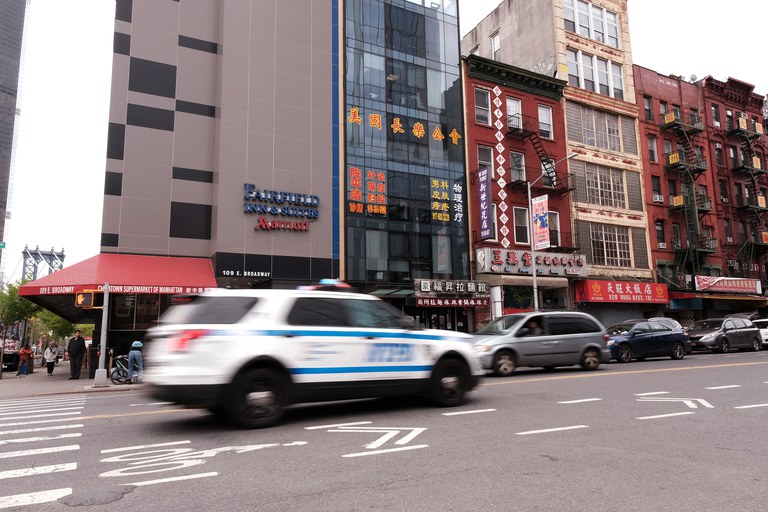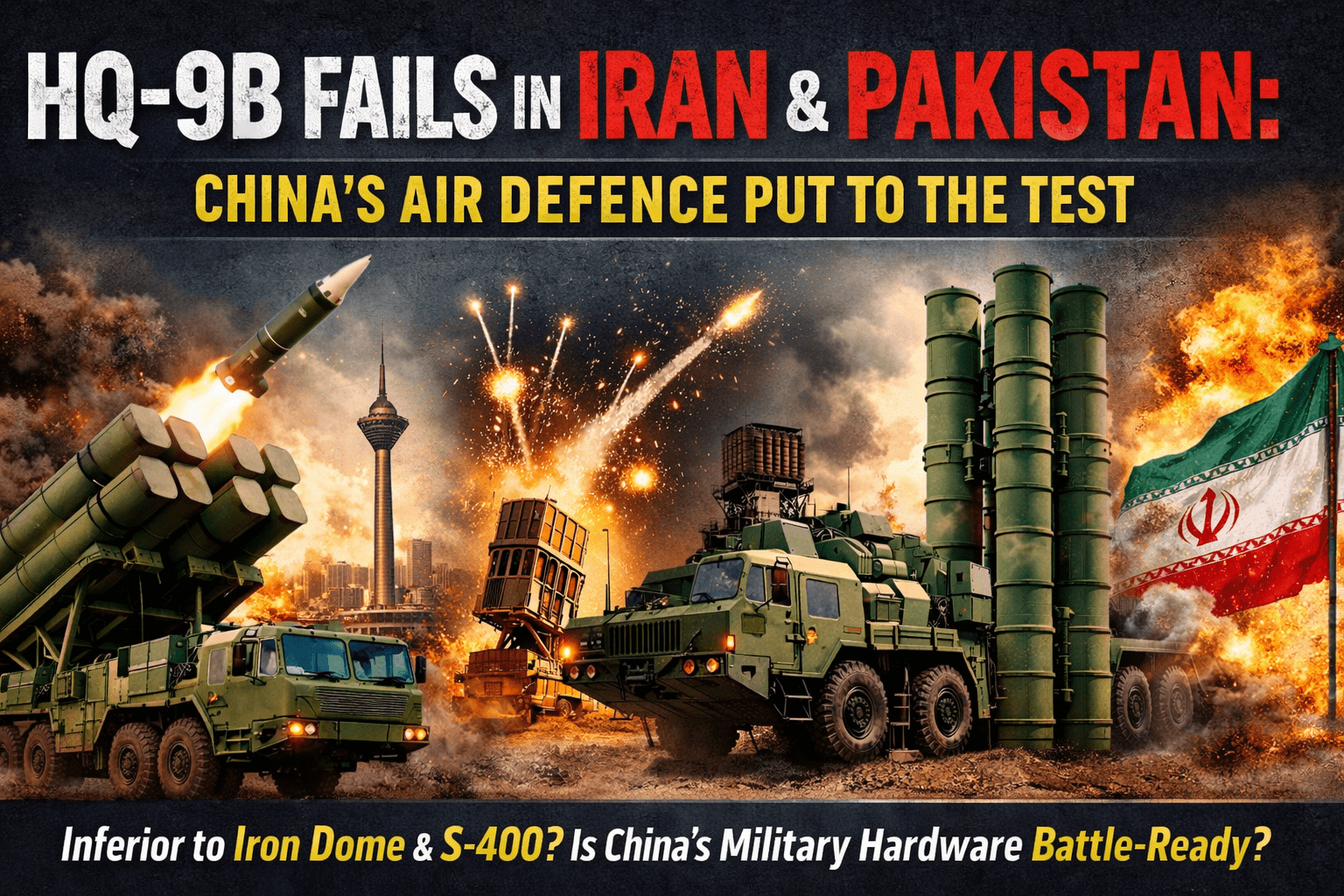The Chinese Communist Party is running a global network of “consular volunteers” through its embassies and consulates who form part of its “United Front” influence and enforcement operations on foreign soil, according to a new report, prompting calls for democratic governments to investigate.
While Chinese embassies and consulates have been using such informal networks for at least a decade, they were recently formalized through a State Council decree that took effect on Sept. 1, yet the networks remain largely undeclared to host countries, the Spain-based rights group Safeguard Defenders said in a report published this week.
Consular volunteers are mostly drafted in to help with administrative tasks linked to consular protection, risk assessments, and even “warnings and advisories” to overseas citizens and organizations, the report said, citing multiple online recruitment advertisements and other official documents.
This gives them full access to individuals’ personal information, and “may also dangerously enhance their function of control over overseas communities and dissenters,” the report warned.
China is already known to rely on an illegal, overseas network of “police service centers” that are sometimes used as a base from which to monitor and harass dissidents in other countries.
Since taking power in 2012, Chinese leader Xi Jinping has launched an accelerated expansion of political influence activities worldwide, much of which rely on overseas community and business groups under the aegis of the United Front Work Department.
Under the radar
While Beijing has shut down some of its overseas police “service centers” following protests from host countries, the “consular volunteer” network has managed to fly under the radar until now, further enabling China’s overseas influence and illegal transnational law enforcement operations, according to the report.
According to the State Council decree, “The state encourages relevant organizations and individuals to provide voluntary services for consular protection and assistance.”
The state also “encourages and supports insurance companies, emergency rescue agencies, law firms and other social forces” to take part in consular work, it says.

The decree also requires Chinese nationals overseas to “abide by the laws of China,” regardless of location.
Organizations and individuals that “make outstanding contributions to consular protection and assistance” are to be commended and rewarded, it says.
And official reports on volunteer commendation ceremonies and training events show that they are – under the supervision of individuals with “direct and demonstrable ties to the CCP’s United Front,” the Safeguard Defenders report said.
“The [consular volunteer] network runs through United Front-linked associations and individuals and shows the involvement of the Overseas Chinese Affairs Office,” it said, adding that the Office was labeled an “entity that engages in espionage” by the Federal Canadian Court in 2022.
Global effort
A March 2023 recruitment drive by the Chinese Embassy in the Czech Republic posted to an official website called for volunteers from among “overseas Chinese, international students, Chinese employees of Chinese-funded enterprises and other individuals in the Czech Republic, overseas Chinese groups, Chinese-funded enterprises and other organizations, institutions and groups.”
Similar notices have been seen in Trinidad and Tobago, Botswana, Turkey, Malaysia, Johannesburg, Equatorial Guinea, Chile and Japan, the report said, adding that the Overseas Chinese Affairs Office has also been directly named as a participant at training events for consular volunteers in Rio de Janeiro and Florence, Italy.
According to the Australian Strategic Policy Institute, “the United Front system acts as a liaison and amplifier for many other official and unofficial Chinese organizations engaged in shaping international public opinion of China, monitoring and reporting on the activities of the Chinese diaspora, and serving as access points for foreign technology transfer.”
The Safeguard Defenders report called on democratic countries to review the practice of “consular volunteering” by Chinese diplomatic missions, and warned them not to take part in United Front-linked events.
French current affairs commentator Wang Longmeng described consular volunteers as quasi-spies.
“The so-called assistance in providing consular services actually means collecting financial support from overseas Chinese individuals,” Wang said. “This can help the Chinese Communist Party control overseas Chinese remotely, making them loyal to party and state, as well as helping China to steal Western technology and intelligence.”
“These people are also collecting information on dissidents, and many dissidents’ family members back home are also being threatened,” he said. “This is a quasi-espionage organization and an integral part of the Chinese Communist Party’s transnational repression network.”
Wang said European countries have been fairly slow to catch on to such practices, compared with the United States.
“That encourages the Chinese Communist Party to extend its long arm even further,” he said. “Their intention was never to stop transnational repression and United Front work,” he said, calling for EU legislation to curb such activities “as soon as possible.”
APEC summit
Zhou Fengsuo, executive director of the U.S.-based Human Rights in China, said China’s consulate in San Francisco had engaged in the large-scale mobilization of patriotic protesters during President Xi Jinping visit last week to the Asia-Pacific Economic Cooperation leaders’ summit in the city..
“The Chinese Communist Party will take up every bit of space it can in democratic societies to extend its rule and engage in state persecution,” Zhou told Radio Free Asia. “Consulates wield a great deal of power overseas.”
“Much like it did with overseas police stations, the international community needs to face up to this form of [Chinese] government control.”
After Chinese international student Tian Ruichen took part in protests supporting the “White Paper” movement of November 2022 and the Hong Kong pro-democracy movement, he was unsettled to find he’d been doxxed – a common tactic employed by supporters of Beijing.
He told Radio Free Asia that overseas dissident communities need far more protection from the long arm of the Chinese Communist Party than they are currently getting.
“The latest China strategy document of the German federal government states that overseas dissident communities will be protected, so they can exercise freedom of speech and engage in political activism,” Tian said.
“We hope that the German government will establish safe channels to contact the Chinese dissident community and actively collect information on cases of transnational repression by the Chinese Communist Party, he said, calling for an investigation into overseas Chinese networks like the “consular volunteers.”
Translated by Luisetta Mudie. Edited by Malcolm Foster.



